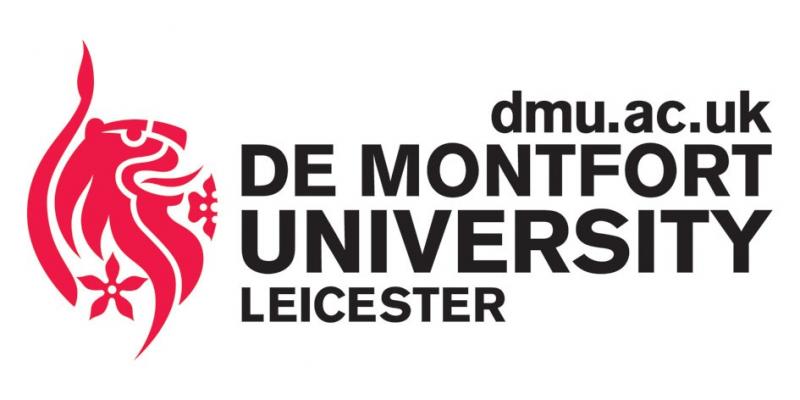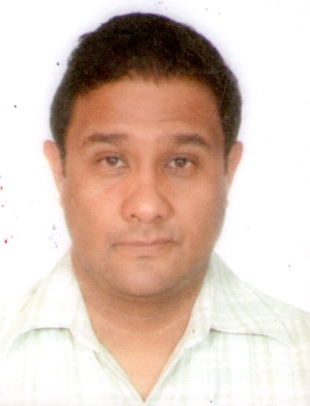|
|

|
|

Keynote Speakers
Local Nash Equilibrium in Social Networks
In memory of John Nash -From the publication in scientific report 4 (6224), January 09 2014 - Yichao Zhang, M. A. Aziz-Alaoui, Cyrille Bertelle, Jihong Guan

|
Professor Cyrille Bertelle |
Abstract
Nash equilibrium is widely present in various social disputes. As of now, in structured static populations, such as social networks, regular, and random graphs, the discussions on Nash equilibrium are quite limited. In a relatively stable static gaming network, a rational individual has to comprehensively consider all his/her opponents' strategies before they adopt a unified strategy. In this scenario, a new strategy equilibrium emerges in the system. We define this equilibrium as a local Nash equilibrium. In this paper, we present an explicit definition of the local Nash equilibrium for the two-strategy games in structured populations. Based on the definition, we investigate the condition that a system reaches the evolutionary stable state when the individuals play the Prisoner's dilemma and snow-drift game. The local Nash equilibrium provides a way to judge whether a gaming structured population reaches the evolutionary stable state on one hand. On the other hand, it can be used to predict whether cooperators can survive in a system long before the system reaches its evolutionary stable state for the Prisoner's dilemma game. Our work therefore provides a theoretical framework for understanding the evolutionary stable state in the gaming populations with static structures.
Curriculum Vitae
You can download his full cv in doc format here ![]()
Organizational VS Academic Knowledge (why some organizations do not believe in knowledge?)

|
Dr. Eric Rosales, |
Abstract
Organizations are becoming more aware that knowledge could be considered one of the main company's assests, however, in some Latin American countries this fact has not been a true fact; due to economic uncertainties, political struggles and moreover the human dynamics involved. The latter is the result of people looking for better opportunities without regarding their professional careers; just wanting to earn more money and not learn as they earn more money. The solution to this problem could be found inside the universities, which besides teaching technical stuff; ethics and professional issues should be incorporated into the curricula; not only as a one-single subject but as a transversal attitude development throughout all the subjects.
Curriculum Vitae
Bachelor of Science, National Polytechnic Institute-UPIICSA, Mexico City, 1992; Master of Science in Intelligent Knowledge-Based Systems, University Essex, Colchester, England, 2005; Doctor of Philosophy in Computer Science, University Essex, Colchester, England, 2005.
You can download his more detailed CV here in docx format ![]()













